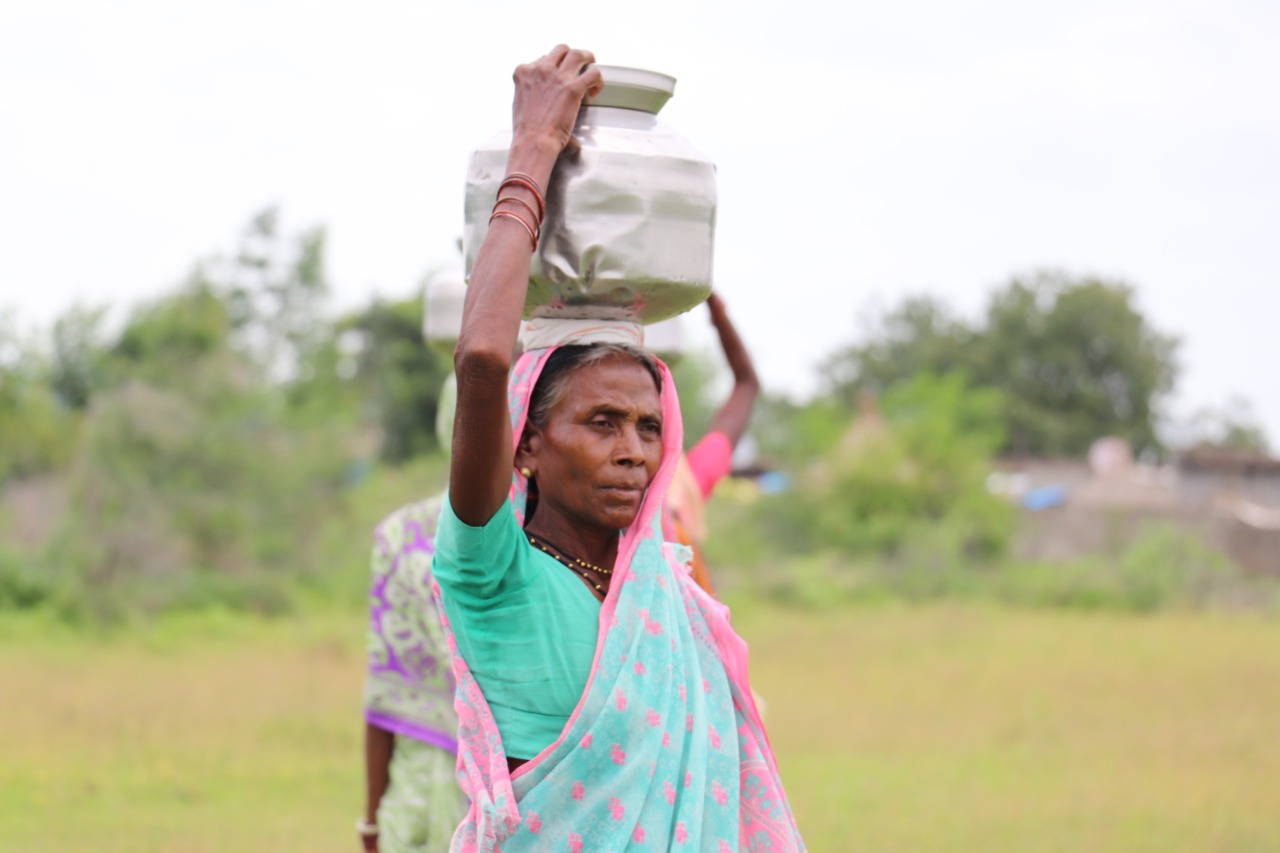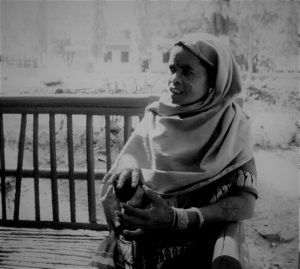- home

- Publication & Resources

- Blog
- An Adivasi and a woman, and the need to protect her rights

An Adivasi and a woman, and the need to protect her rights
How the struggle of this extra-ordinary tribal woman in Madhya Pradesh brought together tribal community to break free from unawareness.
For Sujatabai (name changed), it was never about winning elections or grabbing power. Her fondness to preserve the tribal culture she was born in, besides advocating equal rights for women, made her a “loved leader” within her Adivasi community.
Most of the people in her village belong to Schedules Castes (SCs) and Scheduled tribes (STs), the marginalised and the deprived sections. “Our only source of income is farming and income. Some of the families here are so economically weak that they can’t even afford two meals a day, forget about sending their children to school,” she says. Rainless seasons and ignorance of government livelihood schemes, forced these indigenous people to migrate to distant land in search for work.
“It was our land, but we left it to work as bonded labourers at someone else’s farm. Women getting harassed, children lacking nutritious meals, death of livestock.”
“We (Adivasis) are the people of this land, and yet we felt helpless. We needed to know about our rights in order to survive,” she says. The problems of Adivasi communities are about access to basic needs like elementary education, healthcare, sustainable livelihood support, food security, and infrastructure, which largely remain unfulfilled.
“Husbands used to beat women; their drinking problems led to financial troubles within family as the man of the house spent money on liquor and neglected livelihood activities. The burden shifted on to their wives,” she says.
She along with other women leaders are rigorously working on the issues like reducing liquor addiction among men, domestic violence, checking on migration, regular NREGA payments, monitoring school activities, and increased participation of women in the village and ensure regular pension for widows.
 Previous Blog Post #InternationalChildren’sDay Child Labour Free Zone – a CASA initiative
Previous Blog Post #InternationalChildren’sDay Child Labour Free Zone – a CASA initiative ‘Organic farming – because we were tired of struggle’
‘Organic farming – because we were tired of struggle’Featured Post

International Women’s Day -2021
8 Mar 2021
International Women’s Day -2021 is very special for CASA. It’s a delight to announce, CASA with the support of the Church of Sweden has launched an exclusive Gender Desk to emphasise the importance of Gender Justice work. CASA has been working for Gender Justice all throughout and across our constituencies in all these years. Gender Desk comes to add vigour […]

Overcoming Gender and Poverty Barriers
Poverty has been an inevitable problem in India since the beginning of time. The increasing problems of poverty caused by overpopulation and the unequal distribution of wealth among the people have led to a huge impact on the life of millions in the rural as well as the urban area. A person has to acquire […]

Impact of Climate Change on Women
16 Jan 2021
Climate change is a prevailing problem globally whose hazardous repercussions extend beyond the environment. Shrinking glaciers, extinction of plants and animal species, mutation, rise in the Earth’s average temperature and triggered seasonal fluctuations, are some of the impacts of climate change that have already grabbed the headline. Certain early predictions pertaining to climate changes had […]




